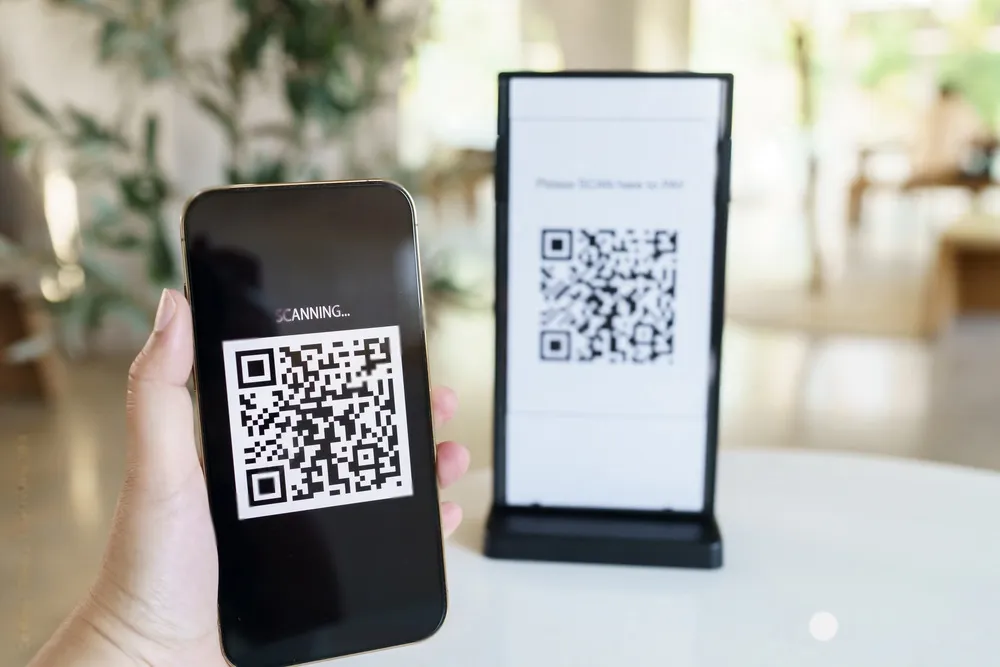Imagine you’re a detective in the digital world, where each ad campaign is a case to crack. You need the right tools to uncover the truth behind ad performance.
That’s where residential proxies come in. They’re your undercover agents, providing you with the ability to perform ad verification with authenticity and precision.
By using residential proxies, you’re able to disguise your monitoring activities and appear as a regular user to ad servers. This enables you to combat ad fraud effectively, ensuring that your ads reach their intended audience.
Moreover, you can check for accurate geo-targeting, protecting your brand’s integrity from being tarnished by appearing on unsavory sites.
With residential proxies, you optimize your ad performance by gaining genuine insights into how your ads are being displayed and interacted with, making every penny of your ad spend count.
→ Would like to discover more? Take a look at other articles by Resiprox!
– Duckduckgo And Residential Proxies – ResiProx
–Residential Proxies For Rakuten – ResiProx
–Residential Proxies For iGaming And Online Casinos: Boost Your Gaming Performance
–Residential Proxies For Microsoft Edge – ResiProx
– For more reading, visit our blog!
- Key Takeaways
- Understanding Residential Proxies
- Combatting Ad Fraud Effectively
- Ensuring Accurate Geo-Targeting
- Protecting Brand Integrity
- Optimizing Ad Performance
- Frequently Asked Questions
- How Do Residential Proxies Compare to Other Types of Proxies, Like Datacenter Proxies, in Terms of Cost and Maintenance for Ad Verification Purposes?
- Are There Any Legal or Ethical Considerations to Be Aware of When Using Residential Proxies for Ad Verification?
- Can the Use of Residential Proxies Impact the Speed or Load Times of Ads During the Verification Process?
- How Do Residential Proxies Handle Dynamic IP Address Changes, and What Implications Does This Have for Ongoing Ad Verification Campaigns?
- Are There Industry-Specific Regulations or Compliance Standards That Need to Be Considered When Using Residential Proxies for Ad Verification in Sectors Like Finance or Healthcare?
- Conclusion
Key Takeaways
- Residential proxies provide authentic online presence and anonymity for ad verification tasks.
- They help combat ad fraud effectively by allowing verification without revealing personal identity and emulating genuine user behavior.
- Residential proxies ensure accurate geo-targeting by providing IPs corresponding to physical locations and mitigating discrepancies caused by VPNs or data centers.
- They protect brand integrity by enabling ad verification from a real user’s perspective, scrutinizing ad placement and context, and preventing association with damaging or inappropriate content.
Understanding Residential Proxies
Every residential proxy grants you an IP address linked to a physical device, ensuring authentic online presence and anonymity for ad verification tasks. These proxies are essential in bypassing geo-restrictions and masking your actual location. You’ll leverage real residential IPs that ISPs issue to homeowners, which websites recognize as legitimate users. This decreases the likelihood of being flagged as a bot or facing CAPTCHA verifications, thus maintaining a seamless browsing experience.
When you conduct ad verification, the accuracy and reliability of your results hinge on the proxies you employ. Residential proxies provide you with the means to discreetly check ads and verify their proper placement across different regions, ensuring that your campaigns are displayed as intended without alerting competitors or triggering fraud prevention mechanisms.
Combatting Ad Fraud Effectively
Residential proxies become your strongest ally in fighting ad fraud, as they allow you to verify ads’ legitimacy without revealing your own identity. By emulating genuine user behavior, you’re able to scrutinize the intricacies of ad deployment, ensuring that your ads appear on intended sites and reach the right audience. Proxies enable you to bypass geo-restrictions and view your ads as if you were a local user, which is critical for accurate verification.
To combat ad fraud effectively, you must analyze the data collected through proxies with a critical eye. Look for patterns that signify fraudulent activity, such as unusually high click-through rates or traffic from dubious sources. Employing machine learning algorithms can further enhance detection, allowing you to identify and mitigate sophisticated ad fraud tactics swiftly.
Ensuring Accurate Geo-Targeting
As you delve into the realm of ad verification, a residential proxy becomes an indispensable tool for ensuring that your geo-targeted advertising hits its mark accurately.
Geo-targeting hinges on location-specific data, which can be skewed by various factors, such as the use of VPNs or data centers that misrepresent user location.
Residential proxies mitigate these discrepancies by providing IPs that correspond with actual, physical locations. This enables you to validate the precise delivery of ads as they appear to real-world audiences, maintaining the integrity of your campaigns.
Protecting Brand Integrity
Why should you consider residential proxies a crucial ally in safeguarding your brand’s reputation online?
When your advertisements appear alongside content that doesn’t align with your brand’s values, it’s not just an immediate faux pas; it’s a lingering threat to your brand’s integrity.
Residential proxies offer a robust solution by enabling you to conduct ad verification with the precision of a real user’s perspective.
By utilizing these proxies, you’re able to scrutinize the placement and context of your ads, ensuring they’re not associated with damaging or inappropriate content.
They allow for discreet verification processes, mitigating the risk of being served false data or being blocked by ad servers.
Ultimately, residential proxies are your frontline defense in maintaining the sanctity of your brand’s image.
Optimizing Ad Performance
Beyond protecting your brand’s reputation, you’ll find that residential proxies can significantly boost your ad’s performance by allowing for real-time analysis and optimization. With these proxies, you’re empowered to:
- Monitor and Adjust: Track your ad’s performance across different markets and swiftly make necessary adjustments.
- Geo-targeting Accuracy: Ensure your ads are reaching the intended demographic by validating the precision of geo-targeting.
- Fraud Detection: Identify and mitigate ad fraud by analyzing traffic patterns and identifying anomalies.
- A/B Testing: Discreetly run A/B tests to determine the most effective ad versions without alerting competitors or skewing results.
Leveraging residential proxies provides you with granular data, which is essential for refining campaigns and enhancing return on investment (ROI) in a competitive digital landscape.

Frequently Asked Questions
How Do Residential Proxies Compare to Other Types of Proxies, Like Datacenter Proxies, in Terms of Cost and Maintenance for Ad Verification Purposes?
You’ll find residential proxies often cost more and require more upkeep than datacenter proxies, but they provide superior reliability for ad verification due to their genuine IP addresses and lower detection rates.
Are There Any Legal or Ethical Considerations to Be Aware of When Using Residential Proxies for Ad Verification?
You must consider user consent and privacy laws when using residential proxies for any purpose. Ensure you’re compliant with regulations like GDPR to avoid legal and ethical pitfalls in your activities.
Can the Use of Residential Proxies Impact the Speed or Load Times of Ads During the Verification Process?
Yes, you may experience slower ad load times during verification, as residential proxies can introduce additional latency due to their inherent routing through real user devices rather than direct server connections.
How Do Residential Proxies Handle Dynamic IP Address Changes, and What Implications Does This Have for Ongoing Ad Verification Campaigns?
You’ll experience seamless IP transitions with residential proxies, ensuring continuous ad verification. Dynamic changes don’t disrupt campaigns, maintaining integrity and avoiding detection by ad servers due to the proxies’ authentic residential IP nature.
Are There Industry-Specific Regulations or Compliance Standards That Need to Be Considered When Using Residential Proxies for Ad Verification in Sectors Like Finance or Healthcare?
You must consider strict industry-specific regulations, such as HIPAA in healthcare or SEC rules in finance, when using residential proxies for ad verification to ensure compliance and avoid legal repercussions.
Conclusion
You now understand the robust capabilities of residential proxies in ad verification. By leveraging these tools, you’ve effectively combated ad fraud, ensuring your ads hit the intended geographic targets.
Your brand’s integrity remains safeguarded, and by meticulously analyzing and optimizing ad performance, you’ve maximized your advertising ROI.
Embrace residential proxies as a critical component in your digital strategy, and stay ahead in the ever-evolving landscape of online advertising.

















































